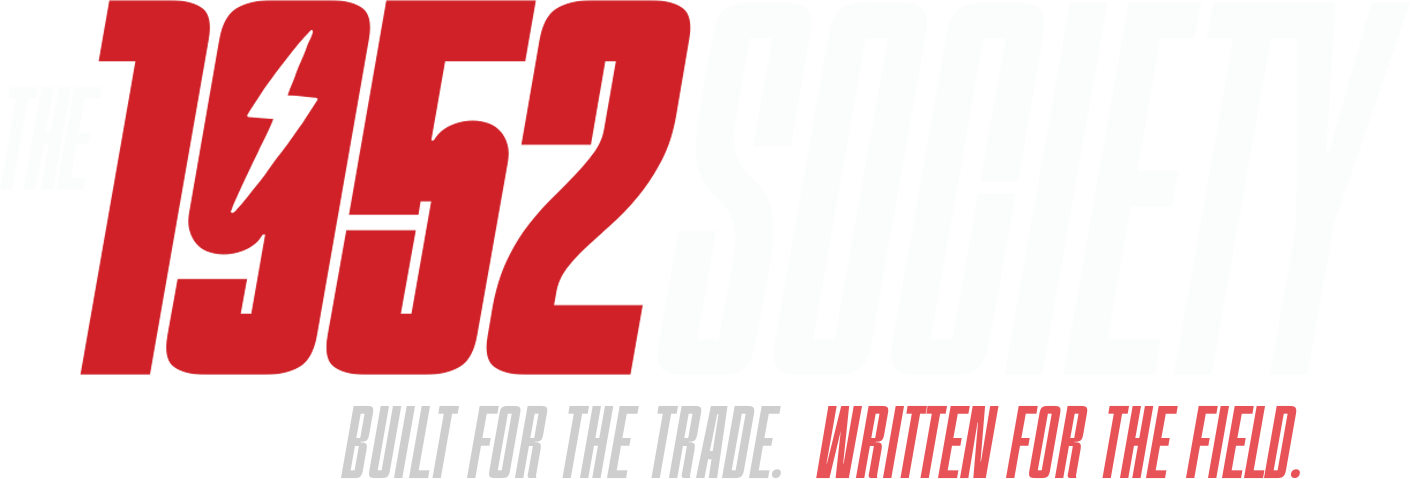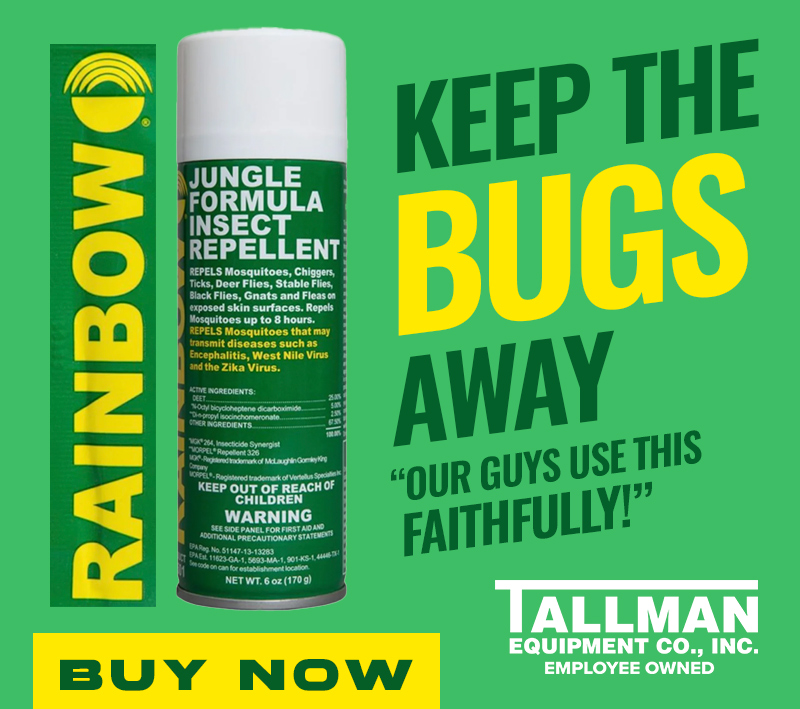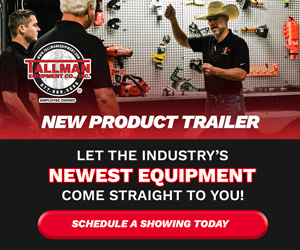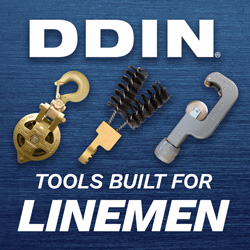What is your first question when looking to make a big purchase? For most of us, the answer is likely: “how much is this going to cost me?”
Whether you are a buyer for a utility company, a foreman for a line crew, or a lineman buying your own gear, price is always going to be a consideration, but there is far more to cost to consider than just a price tag.
Buying for business is not that different from buying for your home. Sure, the lousy toilet paper might be cheaper, but is it worth it to inflict that upon yourself? Generic facial tissue might be alright for occasional use, but if you have a cold, your nose will thank you for investing in the good stuff. So it is with the more consequential purchases in life.
The bigger the purchase, the more long-lasting and widespread the impact of a wise or unwise decision (e.g. you got a screaming good deal on a lifetime supply of cheap toilet paper at the local warehouse club but now your friends refuse to come over to your house and your girlfriend has left you for someone with standards). Ultimately the real cost of any purchase is not the one paid up front but the total cost of ownership.
What is the total cost of ownership?
The concept of the total cost of ownership (TCO) is simple: what is the upfront cost plus all the additional associated costs for the lifespan of the product? Unfortunately, the TCO is always an estimate (which is just a fancy way of saying “educated guess”), but a well-informed TCO estimate can go a long way to helping you make better purchasing decisions.
The classic example of TCO most people encounter comes when purchasing a car. There are even online calculators to help with this:
Car A has an upfront cost of $15,000 and Car B has an upfront cost of $20,000 but then you have to pay taxes and registration and get insurance which tacks on another couple thousand. You are now out $17k for car A and $22k for car B. Car A still looks cheaper at this point, but wait, what about expected gas mileage and maintenance costs. It turns out it costs $3000 a year in gas and repairs to keep car A on the road but car B (being reliable and fuel efficient) only costs $2000 a year to drive. After five years of ownership, the total cost of ownership is now $32k for both cars, and after ten years, the cost of car A has now grown to $47k as opposed to $42k for car B.
The above is a generic example, and there are many more factors to consider. Maybe you go through cars more often than once every five years. Maybe you just really like blue instead of silver. These are valid considerations. There are a lot of reasons to buy one car over the other, but the important thing is to go in informed about what you will ultimately be paying.
Utility Equipment: An important investment
The thing to remember when calculating the TCO for your next big utility tool purchase (or any purchase for that matter) is that it is an investment, and the point of an investment is to see a return. For a business investment to be worthwhile, the return on investment needs to be greater than the value of the expenditure.
Consider the cars again. Why are you buying a car? Presumably, the end goal is not about having the car but about using it to do the other things you need to do (e.g. go to work, get groceries, street racing…). The value for you of having a car is greater than the value of the money you have spent on the car remaining in your bank account. Return on your investment comes in the form of the paycheck you receive from the job to which you use the car to go, the money you do not have to spend on other forms of transportation, and the sweet freedom of not having to bum rides off other people.
The same calculation happens with the linework equipment you and your crew might need, but each item will have its own set of considerations. Will the item pay for itself in increased productivity? Will it help with increasing business or retaining employees? These are the considerations that need to be made as part of your TCO. There might not be an exact dollar value, but there is a cost/benefit to which tools you choose, even if it is only in the morale of the people using them.
The answer will not be the same for every situation. If you are only using an ACSR cutter a couple times a day, you do not necessarily need to buy the one with the fastest cycle time, but it might make a justifiable difference in productivity if you are cutting more frequently.
Sometimes, having the right equipment might be the difference between being able to do a job or not, but even in these situations, there is a TCO calculation over where and how you acquire your equipment.
What about rental?
Sometimes, the total cost of ownership for a potential purchase does not quite make sense. Perhaps it is an unusually expensive or one your team has never needed before and will not need again. Why absorb the cost of a pricy tool and take on the headache of maintenance and storage, only to see it gather dust on your shelf for years?
This is what makes tool rental from Tallman Equipment such a great option. Our expert technicians take care of all the tool repair and maintenance, and our warehouse stores the equipment, so it is ready for you when you need it.
Trust Tallman
Since 1952, linemen have trusted Tallman Equipment because they know we strive to always do the right thing. For Tallman, that means providing the best lineman tools and utility equipment combined with industry leading customer service and support. Our goal has never been to sell the most tools or the most expensive gear. We pride ourselves instead on making sure linemen have the best tools and gear to get the job done right.
For more about renting from Tallman Equipment, check us out here, and to learn more about Tallman Equipment and the 1952 Society, check out our blog.







0 Comments